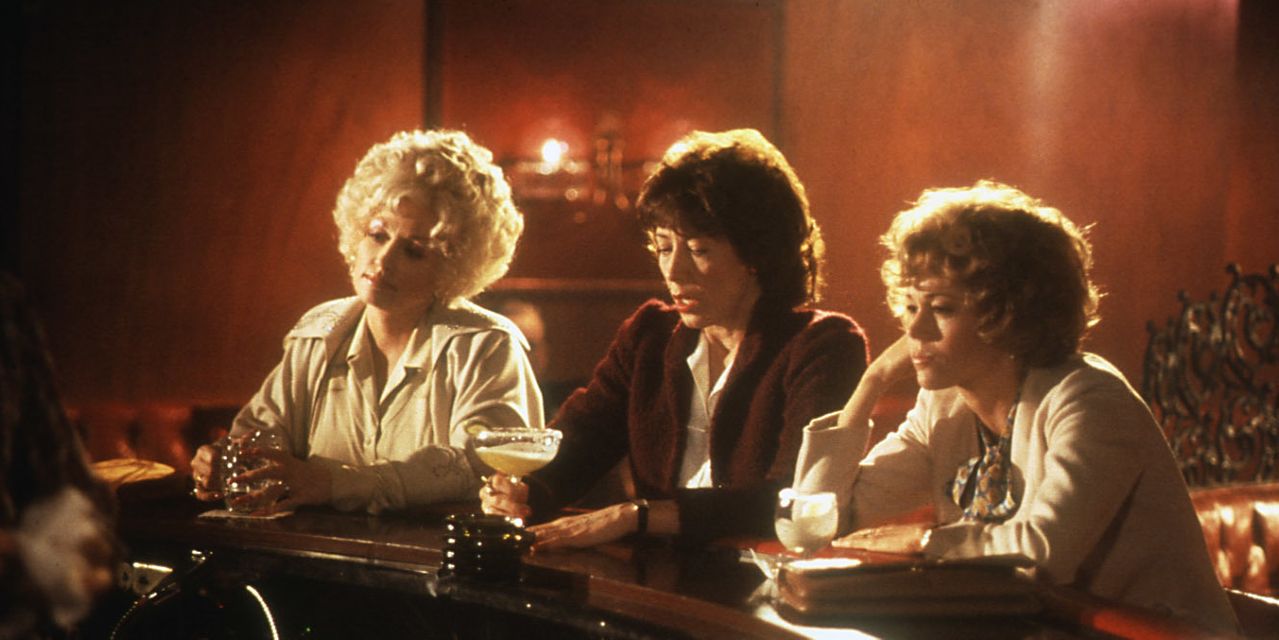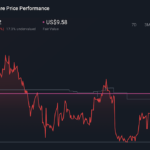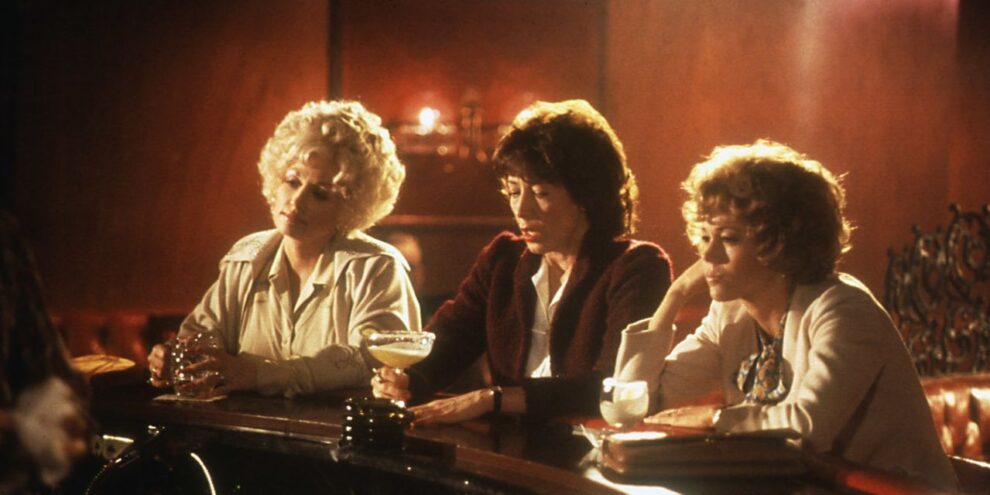
Like many of you, I am relieved and thrilled to see vaccines against COVID-19 rolling out across the country. It will take a few more months, but every day is a step closer to normal life for millions.
It will take still more months, and for some folks years, to overcome the emotional and financial impact of the pandemic. Many lives were needlessly lost. Minorities were very hard-hit, and women of all colors took the brunt of the shutdown stress.
That’s because as a society we expect women to fill in the gaps when systems fail — taking on child care, tending to sick family, looking after elders. These very expectations meant many working women were unceremoniously pushed out of jobs during the past 12 months.
More than 2.3 million women have left the workforce, putting their labor participation rate at 57%, a level last seen when Ronald Reagan was president, according to the National Women’s Law Center.
Men lost jobs too, but at a slower pace. When things turn around there’s no guarantee that women will catch up any faster. In fact, an extended absence of working women could slow the entire recovery.
But what about the long term?
We know that saving for retirement matters, but it’s impossible to save if you don’t earn money in the first place. Pay equality is a continuing issue, of course. Beyond that, going months or years jobless or underemployed has a huge impact on lifetime income.
Read: Do men and women save differently for retirement?
The result is that women often end up with far less money for retirement, yet paradoxically they need more because they live longer than men.
It’s an important moment to take stock of the role of women in the economy, and that’s what the producers of a new documentary, Still Working 9-to-5, have done. They got original cast members Dolly Parton, Jane Fonda and Lily Tomlin to look back on their iconic workplace comedy and to reflect on what has changed — and what has not — in the four decades since it first screened.
As I wrote not long ago, Parton, Fonda and Tomlin are blessed to continue working in their chosen field of entertainment well into what most would consider retirement age.
Parton seems to be everywhere at once, even helping to finance vaccine development. Fonda and Tomlin have made the jump from movies to streaming with their own comedy-drama on Netflix NFLX, -1.50%.
Read: Dolly Parton gets first shot of vaccine she helped fund
That’s wonderful to see, but the truth is far more stark. Even as women return to work post-COVID they will need a lot of support to catch up after more than a year keeping together a household, educating children and stretching limited family incomes to get by.
Women also need more access to tax-advantaged investing. The recent move in Washington to make it easier for small businesses to offer 401(k) plans is a big step forward.
The SECURE Act became law in early 2020, just before the pandemic. Under the new rules it’s easier for long-term part-time workers to join retirement plans at work. That’s a big deal if you’re starting a family or caring for aging parents and can’t work full-time.
It’s also a big deal that the cost of running a small business 401(k) has come down — by a lot. Low-cost investing allows for the construction of effective retirement portfolios at economies of scale once enjoyed only by employees of large companies.
Will we fix every problem women face in the workplace? Far from it. But that’s no reason not to try hard to create retirement security for women after a lifetime of commitment and hard work.
We owe them nothing less.







